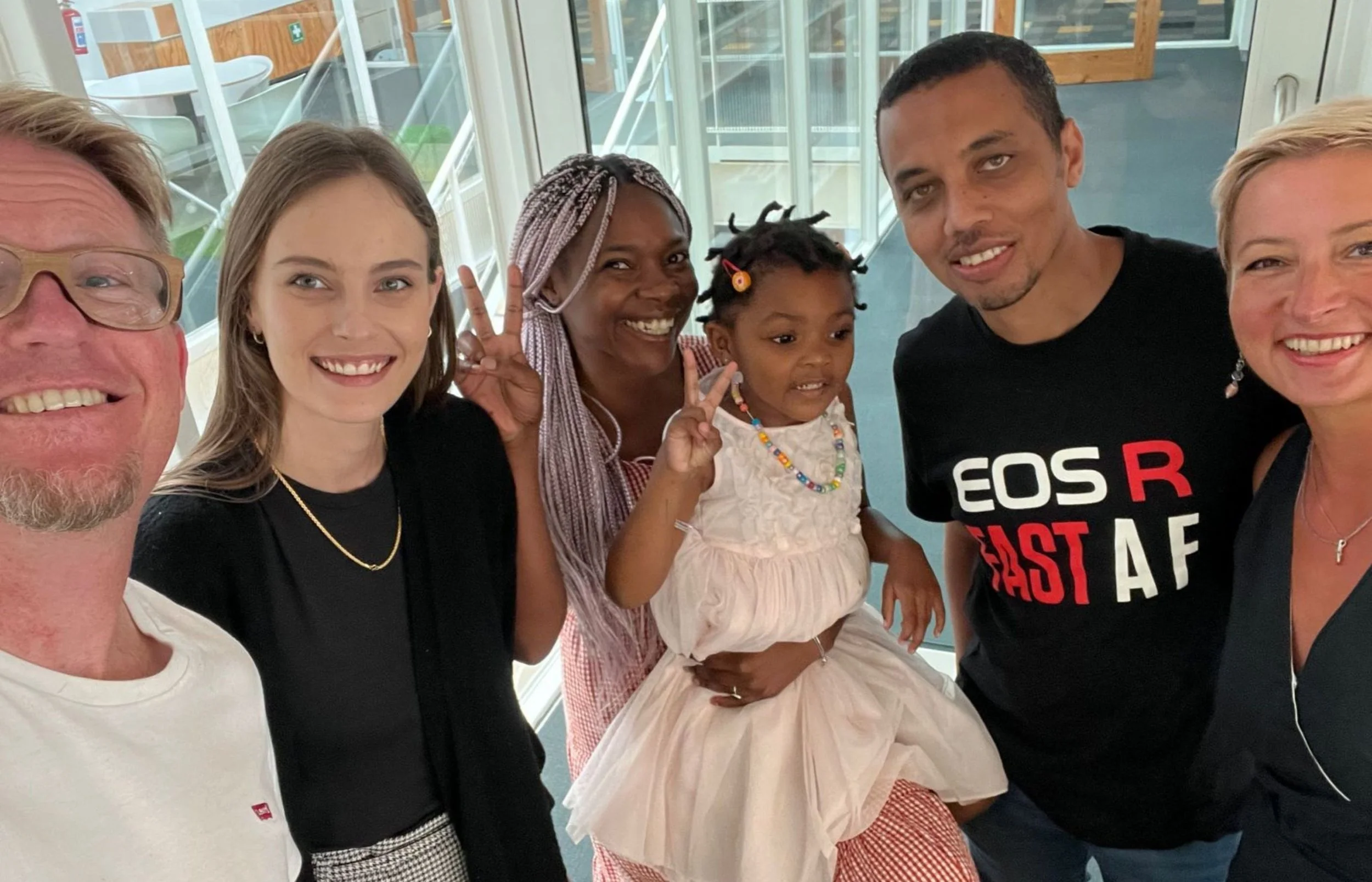The Inherited Problem Of Education
One of the primary challenges with education started with a guy around 100 years ago. As it happens, he was also called Fred.
Frederick Winslow Taylor was a consulting engineer who worked at Bethlehem Steel, which for much of the last century was one of the largest companies in the world. Fred was one of the luminaries responsible for commoditising education for management and workers. Using what he called scientific management, Taylor implemented a revolutionary system of educating the workforce.
"It is only through enforced standardization of methods, enforced adoption of the best implements and working conditions, and enforced cooperation that this faster work can be assured."
- Frederick Taylor's Principles of Scientific Management
That’s a whole lot of enforcing going on there.
Taylor’s methods were influential, not only in training legions of blue-collar workers but also in education as a whole. One of the founders of Bethlehem Steel Corporation was Joseph Wharton who used his fortune to fund Wharton Business School, one of the USA’s most prestigious academic facilities. Generations of entrepreneurs have since walked the halls of Wharton and Taylor’s assembly-line approach to education has been applied to tertiary institutions around the world.
Taylor’s system was crucial in the previous century, from the Industrial Revolution to the Internet Revolution, allowing corporations like Bethlehem and the Ford Motor Company to scale to dizzy heights. The problem is that it has been applied across all other curricula, including that of teaching today’s aspiring entrepreneurs to navigate our rapidly evolving new world.
During the Great Resignation, this conveyor belt approach is not as helpful. Now, we all want to learn different skills at different times for different circumstances. Taylor’s methods are now referred to (somewhat disparagingly) as ‘Taylorism’, and are partly to blame for the death of critical thinking in graduates coming out of business schools.
At Heavy Chef, we’re aiming to participate in evolving a more individualised approach to teaching entrepreneurs. Our research at Heavy Chef Foundation supports this:
67% of entrepreneurs define themselves as proactive, always-on seekers of learning. They have an unquenchable thirst for learning. Learning that fulfils their need for short-term impact and long-term ambition. For them, knowledge found quickly and cheaply, is power. No time to waste. Entrepreneurs want their learning presented in short ready-to-use formats, accessible at any time. They'll connect the dots.
68% of entrepreneurs say that other entrepreneurs, their peers, contributed most to their personal development. This is the 2nd biggest contributor to entrepreneur development. Practice, trial and error is the 1st.
In 2020, we hosted the late Professor Rob Lue, cofounder of HarvardX and EdX, in a webinar at Heavy Chef. EdX (recently acquired by 2U, which also gobbled up South Africa’s own Getsmarter in 2018) has over 100 million learners. Lue, who sadly passed away a few months after our discussion, posited that ‘we still have not solved for individualised learning pathways’.
My colleagues and I believe that individualised, relevant learning is the biggest challenge facing education as a whole. We have to fix this in order to serve the new generation of learners rising through our ranks.
It is why Heavy Chef is focused so intensely on becoming great at ‘bite-size learning’. For entrepreneurs specifically, we believe that a combination of individualised learning content (presented by peers), community groups (presided by peers) and access to capital (provided by peers - or at least people who truly understand the entrepreneur sector).
When we get it right, Heavy Chef’s community members will be able to select precisely the bites of knowledge they need, presented by the people they identify with, powered by the resources they require.
Easy, right?
I can hear my teammates reading this and groaning a collective “NO!”
With today’s world opening up, boundaries falling between regions and new opportunities presenting themselves with increasing frequency, the old style of education is no longer valid. It’s time to tailor a new ‘ism’ (see what I did there?). Technology is rendering much of the old-school professions defunct and many of the skills taught at schools are redundant. People are required to cast the income net wider forcing us to be creative about how we choose our own learning pathways.
This requires a new way of learning.
This ‘new way’ is revealing itself rapidly during this exciting period. Heavy Chef’s research, conducted in collaboration with our partners Xero, PayFast, Digital Planet, HP Store, Retail Capital, WTC, xneelo, Workshop17, In On Africa and others, underpins these new behaviours.
Today’s entrepreneurs are watching short clips on YouTube. They’re reading papers on Substack. They’re chatting with peers on Discord.
Entrepreneurs are taking these small bites of hyper-relevant information and introducing them rapidly into their operations - and then iterating on the way.
They’re learning by doing.
Forget the Industrial Revolution. We’re on the cusp of the Education Revolution. This is great news for aspiring entrepreneurs. People are leaving their cubicles, holding up their goldfish and shouting “Who’s coming with me?”
More people are starting their own businesses than ever before. Side hustles and main hustles are sprouting up like mushrooms. It’s an exciting time to be alive, but… it’s also an extraordinarily challenging one.
It’s a time that requires us to finally disrupt the other Fred’s outdated systems of knowledge creation and consumption.
Peace -






